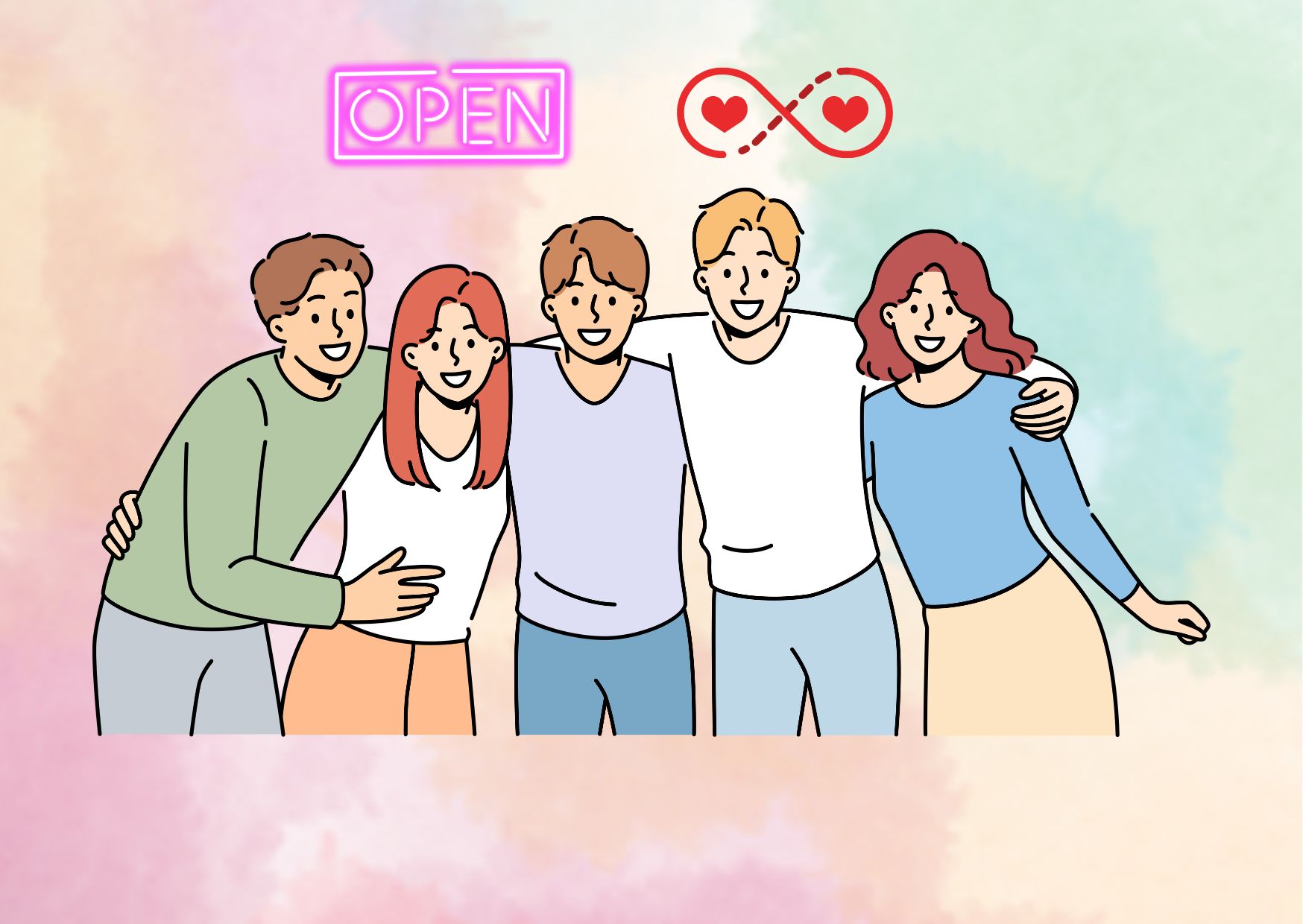Open Relationship: Rules, Questions & Advice
Introduction to Open Relationships
Unconventional relationships are becoming more and more common nowadays. Many people are coming to the realization that monogamy is not for them and are instead turning to open relationships or even polyamorous relationships. As open relationships are becoming more mainstream, many couples are becoming curious if this arrangement could be right for them. Almost any time is an appropriate time to consider an open relationship, whether you are newly dating or have been together for decades. However, before diving into the world of open relationships, it’s important to understand the rules, ask the right questions, and seek advice from experts in order to have a fulfilling and successful experience.
What Are Open Relationships?
An open relationship is a form of non-monogamy where both partners have the freedom to explore sexual and/or romantic relationships with other people while maintaining their primary relationship. It allows for the possibility of having multiple partners and can involve casual sexual relationships or long-term, more romantic relationships. While the exact definition may vary, the key aspect of an open relationship is the consent and communication between all parties involved.
Rules of Open Relationships
Establishing clear rules and boundaries is crucial in open relationships to ensure that all parties feel safe, secure, and respected. The specific rules will vary based on the preferences and comfort levels of the individuals involved, but here are some common guidelines to consider:
- Honesty and Communication: Open relationships thrive on honesty and open communication. It is essential to have open and ongoing conversations about desires, boundaries, and expectations. Regular check-ins and discussions are necessary to maintain a healthy and fulfilling relationship.
- Consent: All parties involved must give informed consent and be comfortable with the arrangement. It is important to respect each other’s boundaries and only engage in activities that have been mutually agreed upon.
- Protection and Sexual Health: Discussing safe sex practices and implementing measures to protect everyone involved is vital. Establish guidelines for condom use, regular STI testing, and disclosing any potential risks or new partners to ensure the well-being of all.
- Emotional Boundaries: Open relationships can bring about complex emotions. It is crucial to establish emotional boundaries and openly communicate about feelings that may arise. Determine what is acceptable in terms of emotional connections with other partners and set guidelines for managing jealousy or insecurities.
